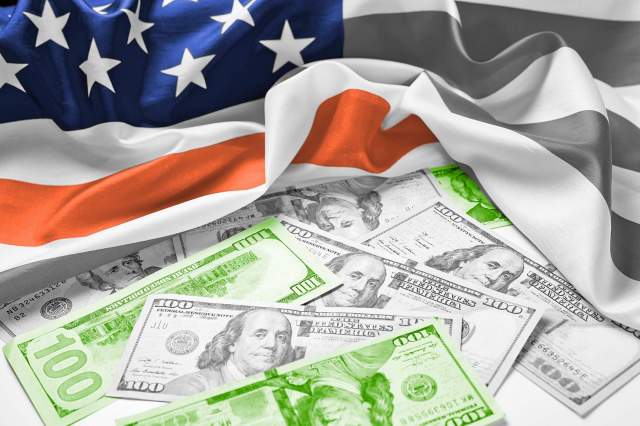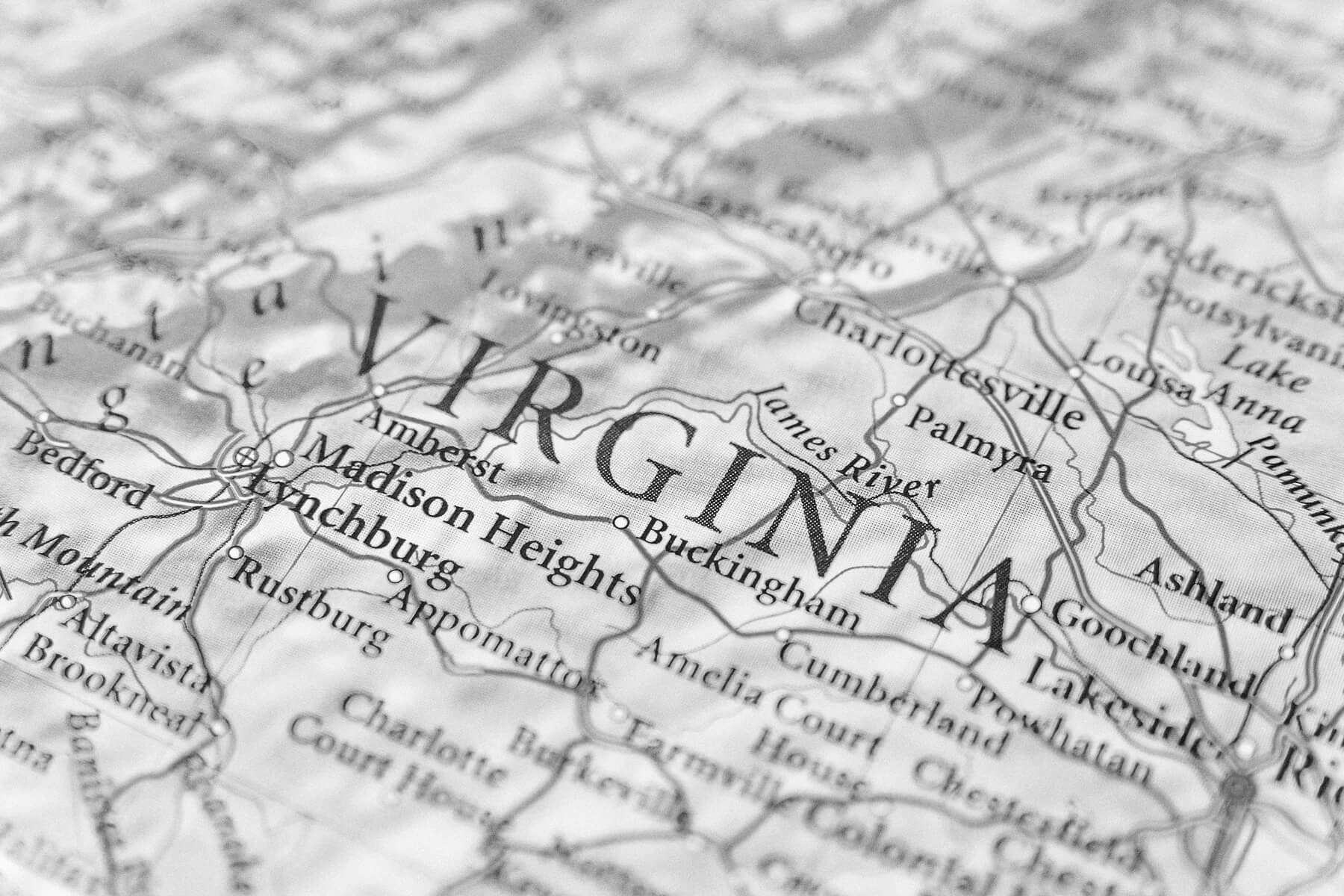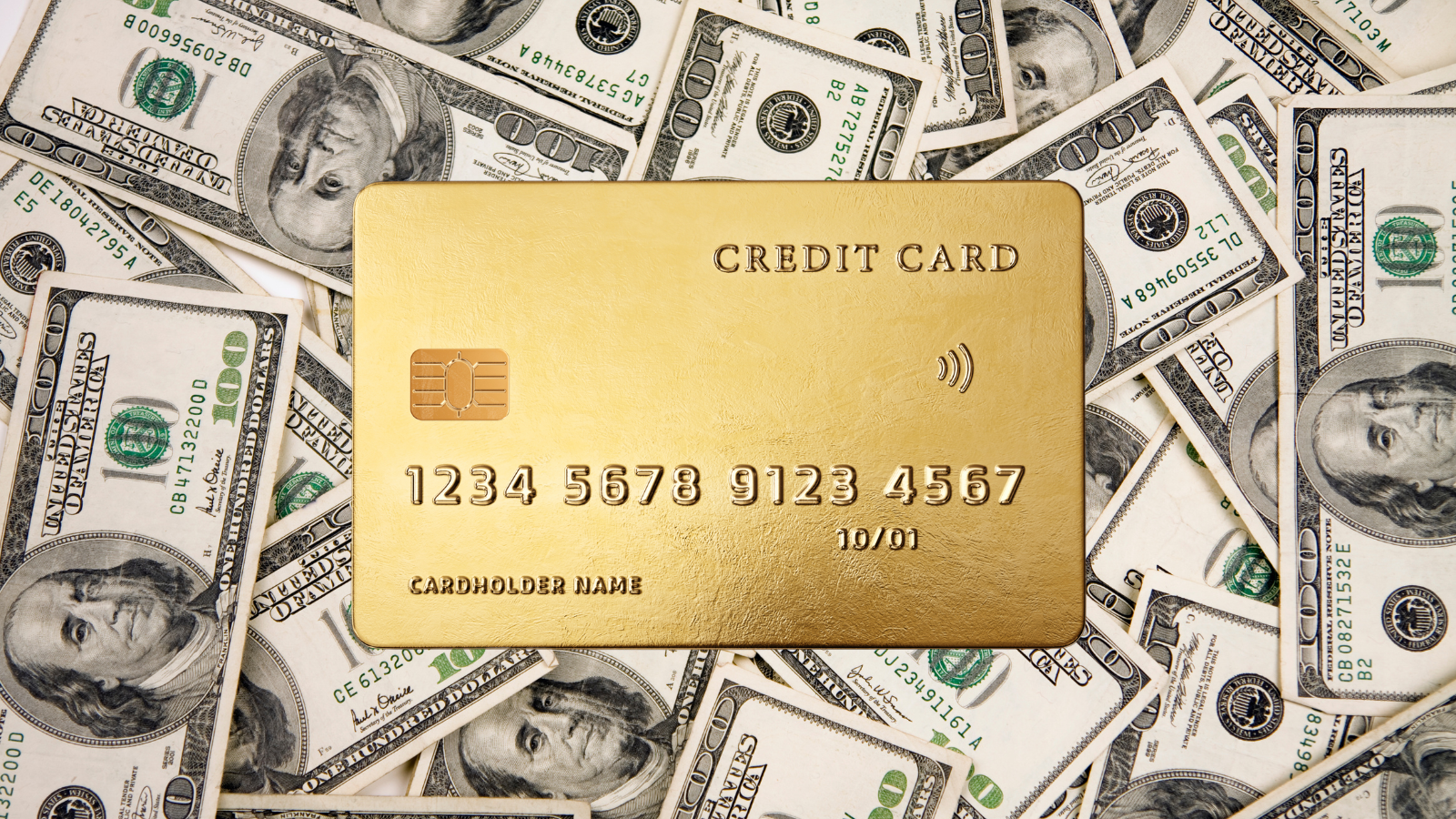
Presidents Were Initially Paid To Help Discourage Outside Influence
America’s first president, George Washington, apparently had no desire to be paid as commander in chief. Even prior to serving as POTUS, Washington never accepted money during his time as a military officer. However, the framers of the Constitution decided that the president should be properly compensated in order to prevent whoever held the role from falling victim to financial influence. As Alexander Hamilton explained in the Federalist Papers, establishing an official salary for the president would make the individual less susceptible to bribery.
In order to further limit such influence, the Domestic Emoluments Clause was set in place to prevent the legislature from altering the president’s salary during their term; this kept Congress from using that power as a way to affect the president’s policy decisions. In the end, it was decided by Congress that the president was to receive an annual salary of $25,000 (around $4.5 million today), with the Vice President receiving $5,000, the chief justice earning $4,000, and members of the president’s Cabinet receiving $3,500.

Ulysses S. Grant Was the First POTUS To Receive a Raise
Ulysses S. Grant served as president from 1869 until 1877. On March 3, 1873, Congress passed a law that was referred to by its deriders as the “Salary Grab Act.” The law awarded retroactive pay raises to departing members of Congress, raised the salaries of incoming members of Congress, and doubled the president’s salary, to $50,000 per year. It was the first presidential salary increase in American history. The act was signed by President Grant just hours before he was set to be sworn in for a second term. The signing was deeply controversial, but the pay raise stuck, and presidents continued to earn $50,000 annually until the position’s salary was raised yet again in 1909.

Babe Ruth Was the First Athlete To Earn More Than the President
From 1909 through 1948, the U.S. president made $75,000 annually, beginning with the administration of William Howard Taft. At the time Taft took office, baseball’s top stars, including Nap Lajoie and Ty Cobb, only earned around $9,000 per year, a sizable amount less than POTUS. In 1930, while Herbert Hoover was in office, that all changed. New York Yankees slugger Babe Ruth was given a whopping raise and signed a contract that earned him $80,000 a year, becoming the first athlete to rake in a higher salary than the president. Ruth was famously asked if he felt he should make more money than the president, to which he replied, “Why not? I had a better year than he did.” In 1949, the U.S. president’s salary was increased yet again, to $100,000, but by that time, Hall of Fame baseballers Hank Greenberg and Joe DiMaggio were already earning that much per year.
More Interesting Reads

Harry Truman Was the First President To Receive an Expense Allowance
On January 19, 1949, one day prior to President Truman’s second inauguration, Congress passed a law not only raising the president’s salary from $75,000 to $100,000, but also granting POTUS an annual $50,000 tax-free expense account. That allowance was later made taxable on October 20, 1951, though it’s since fluctuated between nontaxable and taxable status (it’s currently nontaxable). Over the course of subsequent presidential pay raises, this expense account has remained in effect all the way to the modern day.

John F. Kennedy Donated His Entire Presidential Salary to Charity
When JFK took office in 1961, he was the richest individual to hold the role. Kennedy was born into a wealthy family, and while he accepted the president’s annual $100,000 salary, he opted to donate those funds to charity rather than pocketing any for himself. Kennedy’s decision was reminiscent of a predecessor from several decades prior; Herbert Hoover was independently wealthy too, and decided to donate his presidential salary as well. After taking office on January 20, 1961, JFK’s prorated salary of $94,583.32 for the remaining year was dispersed among several charitable causes. Throughout Kennedy’s entire political career — a period that included six years as a congressman, eight years in the Senate, and an abbreviated term as president — he donated nearly $500,000 of his various government salaries to charity. Some of the charities he contributed to include the Boy Scouts and Girl Scouts of America, the United Negro College Fund, and the Cuban Families Committee.
Kennedy is not the only president to donate his salary. Herbert Hoover and Donald Trump also gave their presidential earnings to various charities and government agencies.

Presidential Salaries Are Supplemented by Additional Financial Perks
In 1969, Congress raised the presidential salary to $200,000, and in 2001 it was doubled to $400,000. In addition to these substantial amounts, each president’s annual compensation is supplemented by a number of financial perks. For instance, presidents are given a $100,000 annual travel budget, in addition to $19,000 each year set aside for entertaining foreign dignitaries and other notable figures. Furthermore, presidents and their families are given an optional $100,000 for White House redecoration, though some presidents, such as Barack Obama, have opted instead to pay for those redesigns out of pocket.











